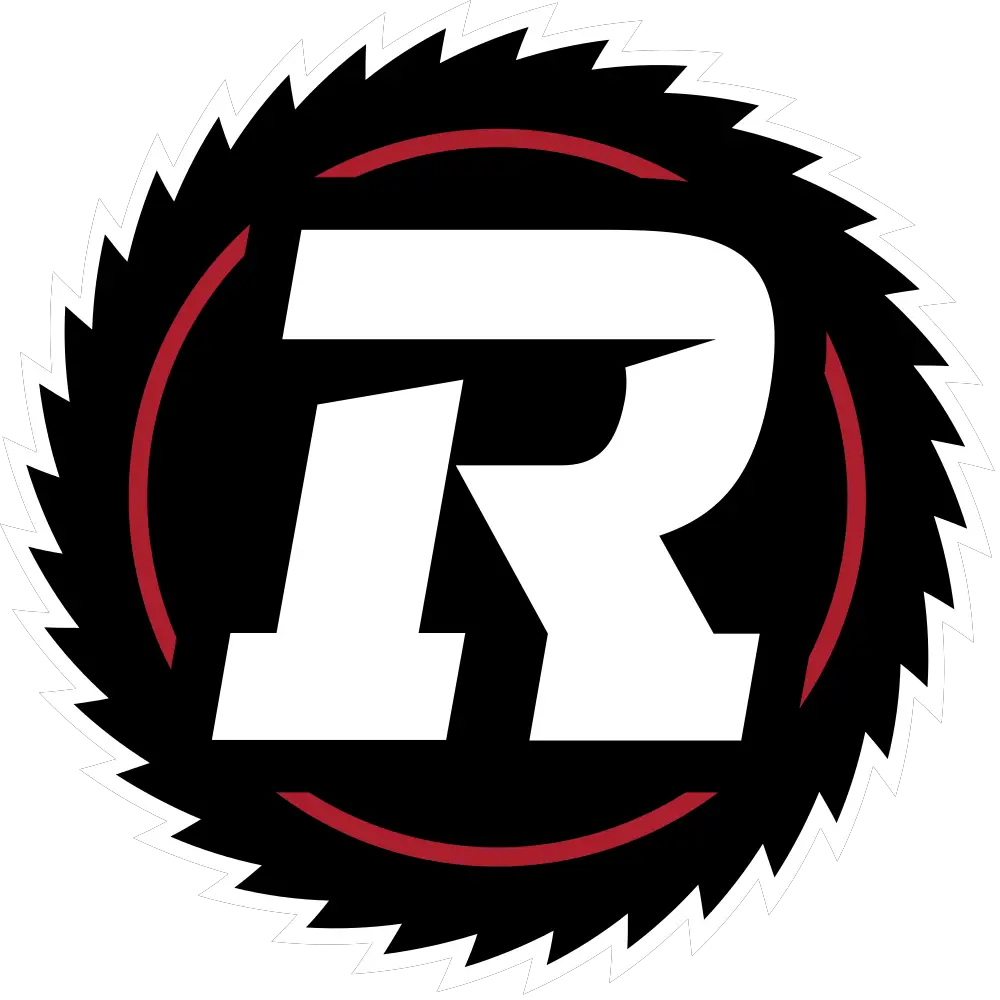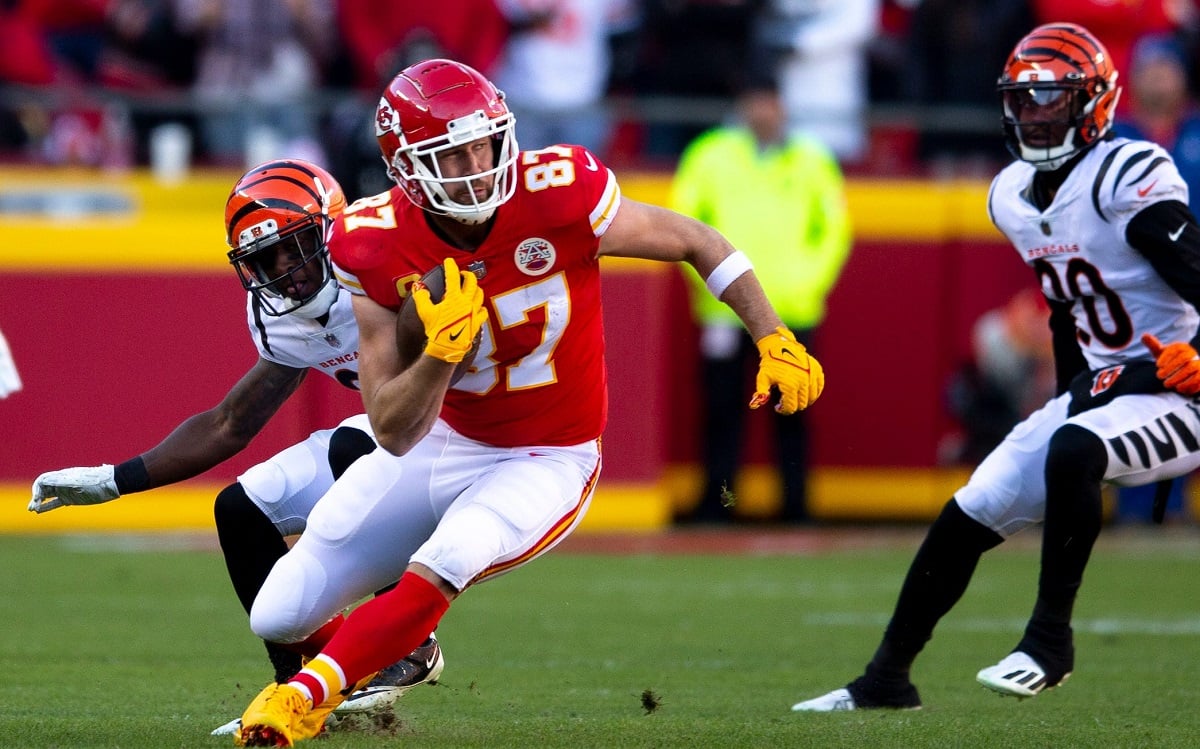Gambling
More people are calling P.E.I.’s gambling support line. The province says that’s a good thing | CBC News

Calls to Prince Edward Island’s gambling support line have risen over the past few years, but provincial officials say that’s not necessarily a bad thing.
In fact, rather than a rise in gambling rates, the province said the increase points to evidence that more people are taking advantage of supports available to curb what can be a devastating addiction.
“I think the increase… in numbers really is a sign that people are aware those resources are available and that they can reach out if they want to learn more [or] have questions for themselves or their loved ones,” said Laurae Kloschinsky, P.E.I.’s assistant deputy minister of mental health and addictions.
There were 34 calls to the free 24-hour support line between April 2022 and March 2023. That number grew to 92 by the end of the following fiscal year.
So far this year, there have been over 45 calls.
The volume of addiction hasn’t increased on the Island, but the types of gambling and gaming have changed, Kloschinsky said.
The P.E.I. government updated its responsible gambling strategy in 2023 for the first time since it was created in 2008.
Back then, the biggest concerns were around the potential harm from video lottery terminals. These days it’s online gambling through sites like virtual casinos and sports betting apps that allow people to play at any time and from anywhere.
Focus on youth
With that in mind, the province is putting a particular focus on educating youth about the harms and the help available.
The provincial government has hired its first youth gaming specialist, who will start work on a provincewide education campaign for Island schools in January.
While younger generations are typically more tech-savvy when it comes to accessing online gaming, it’s not always as easy to recognize the early signs of a gambling addiction, said Klochinsky.

“The goal is that we can increase awareness of early patterns that may contribute or form into more harmful behaviours — something as benign or simple as going for a ‘like’ on social media and that response that someone gets, and then how quickly that transitions to gaming or gambling or the small 50/50 ticket that can turn into the Lotto 6/49 ticket that can go into gaming and sports betting,” she said.
More calls doesn’t necessarily mean problem gambling is on the rise, says Laurae Kloschinsky, Prince Edward Island’s assistant deputy minister of mental health and addiction. She speaks with CBC News: Compass host Louise Martin about the trends she is seeing.
Support line now headquartered locally
Another potential reason for the increase in calls to the gambling support line is the fact that it’s offering people more-tailored help.
Until this past summer, the support line was centred off-Island and was staffed by professionals who treated other health conditions.
Now, the line is now staffed in P.E.I. through Medavie, whose personnel focus solely on gambling and gaming and are more familiar with local supports and services.
“With gaming and gambling, we really want to make sure that there are experts on the phone so when you’re seeking support you’re really getting that subject-matter expert with respect to mental health and someone who is integrated into the system,” Kloschinsky said.










